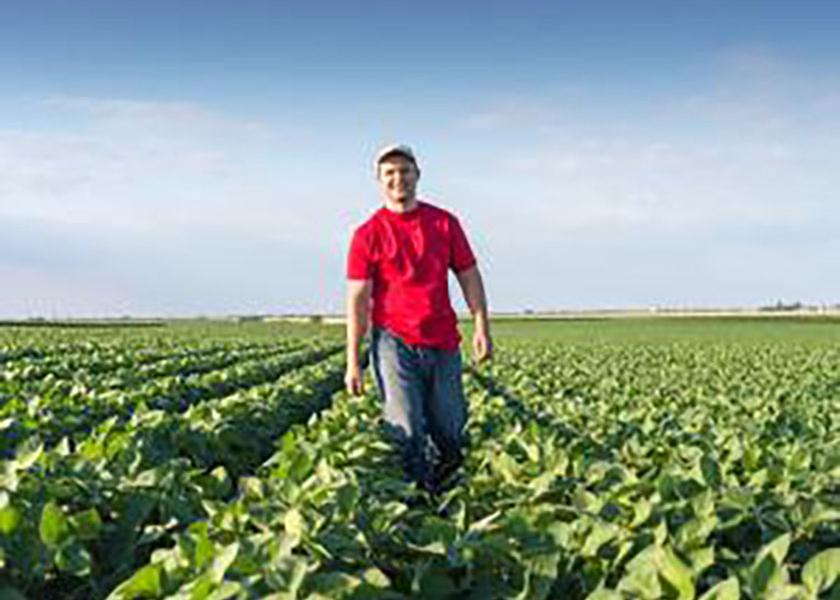Fertilizer industry invests billions in sustainability, new report finds

The Fertilizer Institute, Arlington, Va., has released a new report highlighting industry improvement in sustainability performance in key priority areas of workforce safety, energy and the environment, fertilizer use and industry innovation.
“The 104,000 employees of the fertilizer industry work each day to produce and supply fertilizer to farmers in an effort to feed the world,” Corey Rosenbusch, TFI president and CEO, said in a news release. “To feed a global population of 1 billion people by 2050, fertilizer is playing a critical role in increasing food production and land use efficiency sustainability in agriculture. 2022 also showed us how fertilizer’s role in feeding the world contributes to global stability and national security.”
TFI has collected data since 2013 on metrics that provide insight into the industry’s efforts to improve safety, security, sustainability, environmental stewardship and efficiency, the release said. The data announced today was gathered in 2022 and reflects industry operations in 2021.
“The industry is continuously working towards more sustainable operations, including efforts to decarbonize and mitigate environmental impacts,” Rosenbusch continued. “Each step of the supply chain is focused on doing more with fewer resources and the impact on communities and the environment. The data in this report highlights the achievements we’ve made in worker safety and energy and environmental metrics.”
Report highlights include:
- Survey participants invested an average of over $1 billion annually in capital investments to help the industry meet sustainability goals, including increasing production efficiencies, reducing energy and water use, reducing greenhouse gas emissions and strengthening the U.S. economy to meet current and future agricultural needs.
- In 2021, the industry captured 31% of all carbon dioxide generated per ton of nutrient produced, an increase of 368% over emissions captured in 2013.
- To reduce the industry’s energy footprint, 39% of all energy consumed is generated using waste heat rather than pulling from the electrical grid.
- Nitrogen producers recycled enough water to fill 1.6 million Olympic-sized swimming pools.
- In 2021, both the recordable rate and the lost time incident rate were the second-lowest since the survey was launched in 2013.
The data includes metrics on segments of the fertilizer industry from fertilizer use on the farm, worker safety, energy and environment, and industry innovation.







